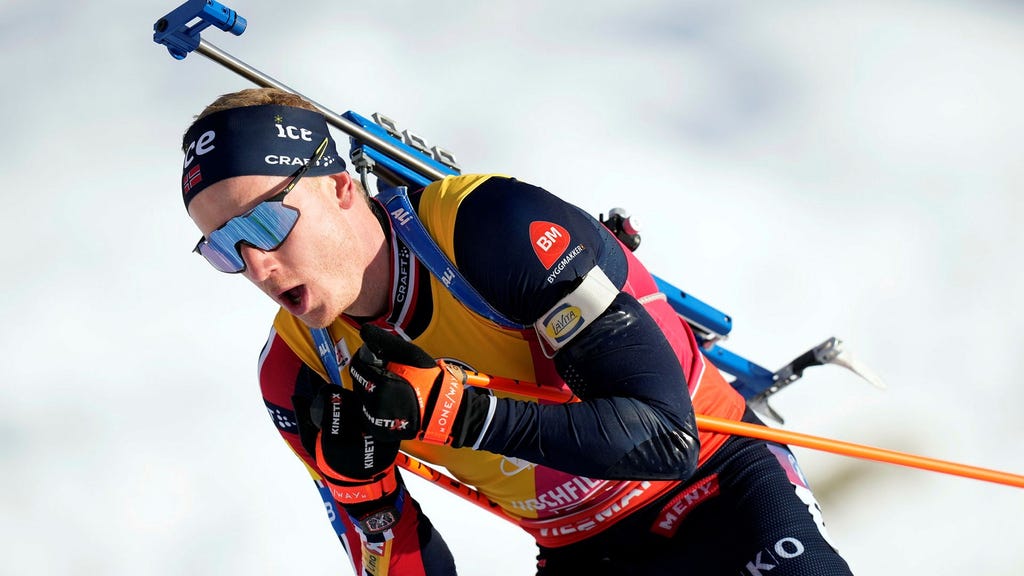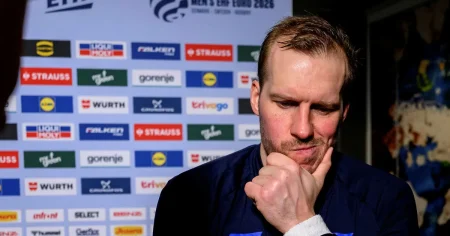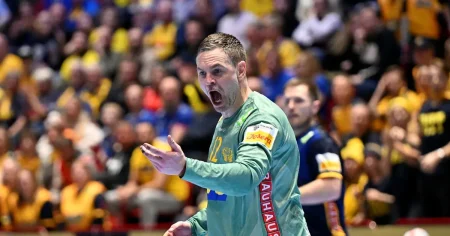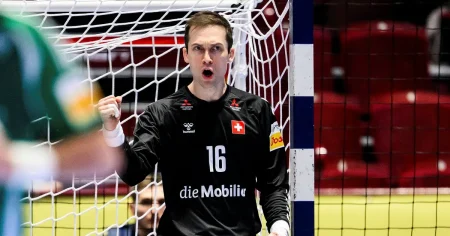Johannes Thingnes Bø’s recent World Cup victory marked a historic moment in biathlon, propelling him past Swedish alpine skiing legend Ingemar Stenmark’s record of 86 World Cup wins. This achievement underscores Bø’s dominance in the sport and solidifies his position among the biathlon greats. With 87 victories under his belt, he is now within striking distance of another monumental milestone: surpassing his fellow countryman, Ole Einar Bjørndalen’s all-time record of 95 World Cup wins. This pursuit adds an electrifying layer of anticipation to every race Bø enters, as the world watches to see if he can etch his name even deeper into the annals of biathlon history.
Bø’s journey to this record-breaking victory has been marked by exceptional skill, relentless dedication, and an unyielding competitive spirit. His prowess on the skis, combined with remarkable shooting accuracy, allows him to consistently challenge for top positions in every competition. This latest triumph is a testament to his consistent high performance and his ability to deliver under pressure. He continues to push the boundaries of the sport, inspiring a new generation of biathletes and captivating audiences worldwide with his thrilling performances.
The significance of Bø’s accomplishment extends beyond individual accolades. His success elevates the profile of biathlon, attracting greater attention and interest to the sport. His rivalries with other top athletes create compelling narratives that draw viewers into the drama and excitement of each race. Bø’s dominance also serves as a benchmark for aspiring biathletes, motivating them to strive for excellence and push the limits of their own abilities. He embodies the spirit of competition and the pursuit of sporting greatness.
While Bø celebrated his historic win, another compelling storyline unfolded in the same race. Swedish biathlete Sebastian Samuelsson, a formidable competitor in his own right, mounted a strong challenge for a podium finish. However, despite a powerful performance on the skis, Samuelsson’s hopes were dashed by inconsistencies on the shooting range. Three missed targets ultimately proved costly, relegating him to fourth place, just over 40 seconds behind the podium positions. This outcome highlights the crucial role of shooting accuracy in biathlon, where even the slightest miss can have significant consequences.
Samuelsson’s performance, though ultimately resulting in a near miss of the podium, still showcased his talent and potential. His strong skiing demonstrated his physical capabilities, while his near-podium finish underscores his competitive spirit. The experience serves as a valuable learning opportunity, reinforcing the importance of maintaining focus and precision on the shooting range, especially under the pressure of high-stakes competition. It is this resilience and determination that will fuel Samuelsson’s future endeavors as he continues to strive for podium finishes and challenge the dominance of athletes like Bø.
The race that saw Bø break Stenmark’s record and Samuelsson narrowly miss the podium serves as a microcosm of the captivating nature of biathlon. It is a sport that demands both physical prowess and mental fortitude, where fractions of a second and pinpoint accuracy can be the difference between victory and defeat. Bø’s historic achievement and Samuelsson’s near-podium finish exemplify the dynamic nature of the sport, promising continued excitement and thrilling competition in future races. The pursuit of Bjørndalen’s record by Bø and the ongoing development of athletes like Samuelsson will undoubtedly keep biathlon fans on the edge of their seats for years to come.














